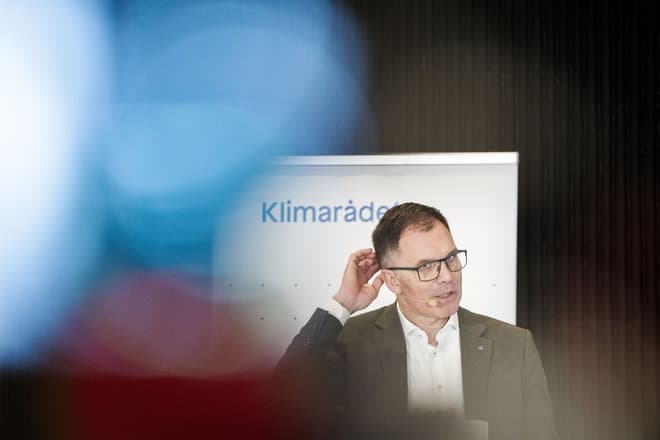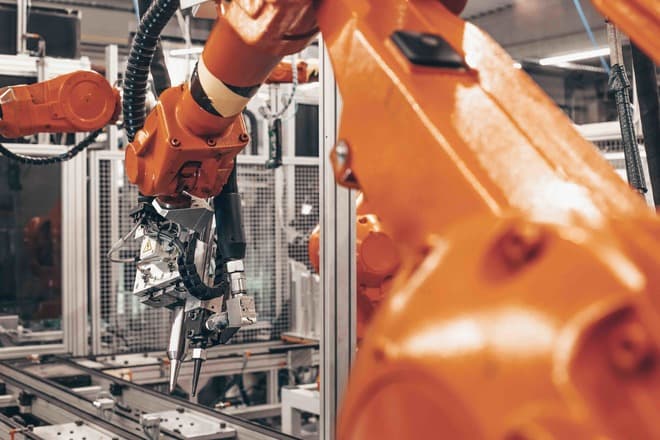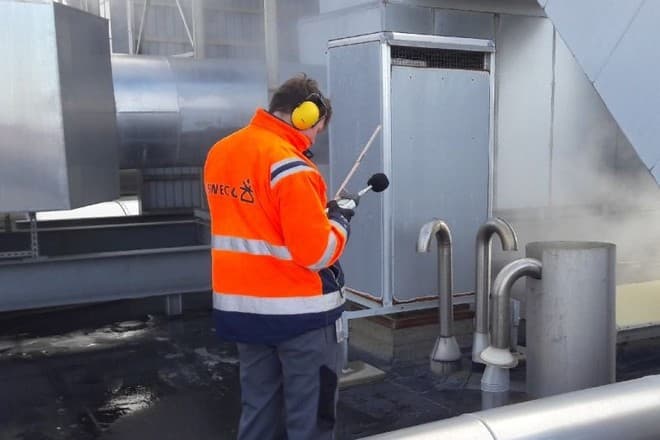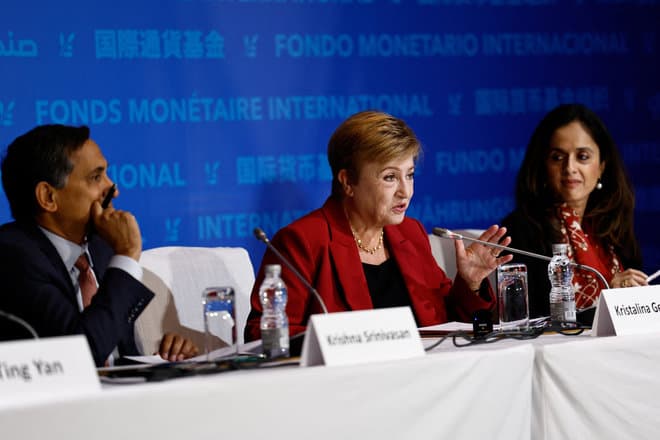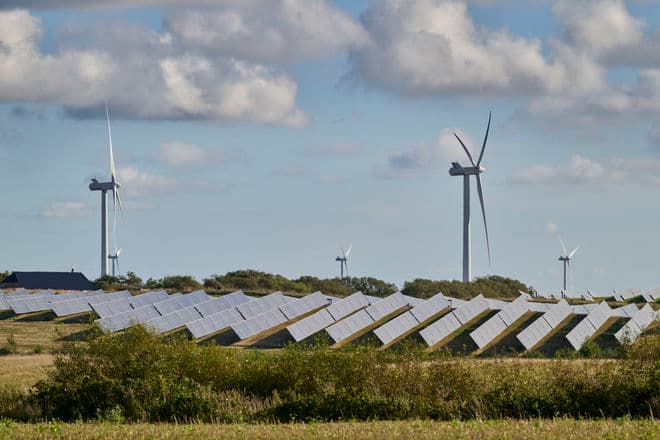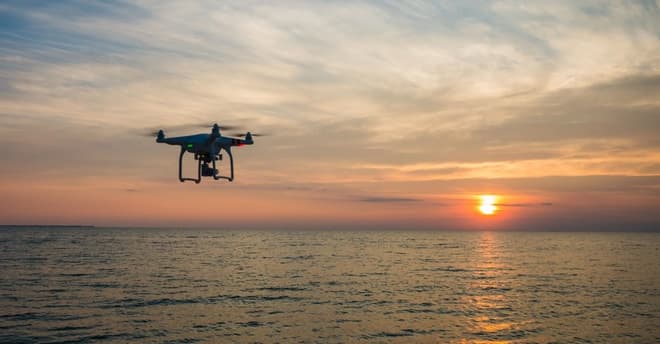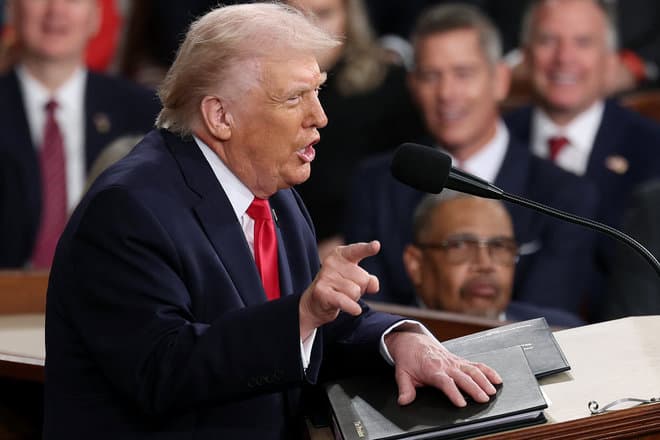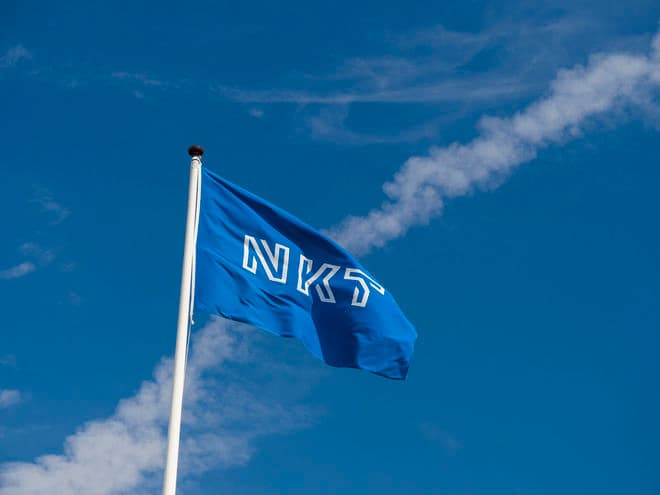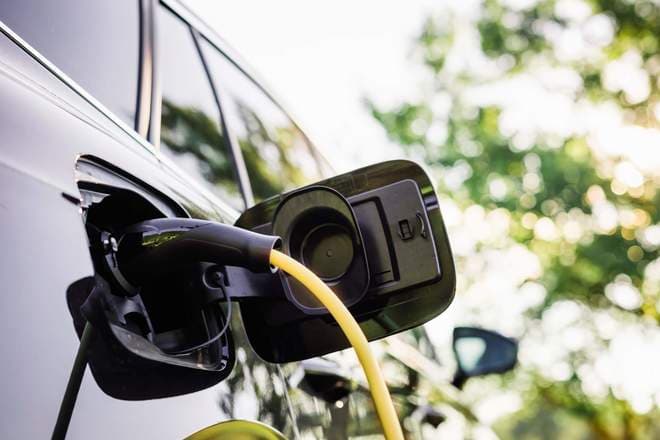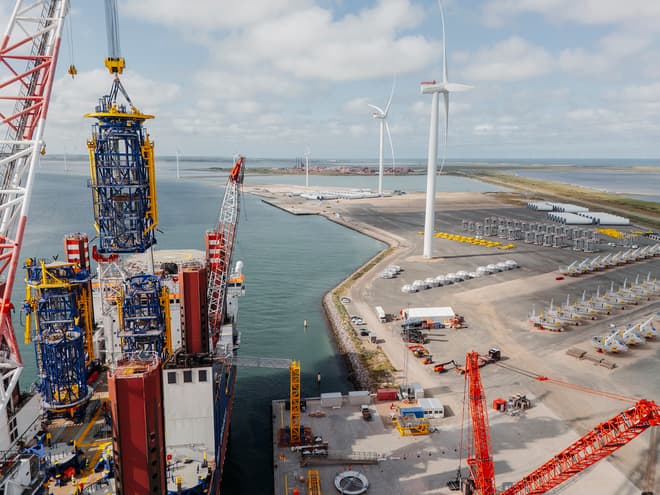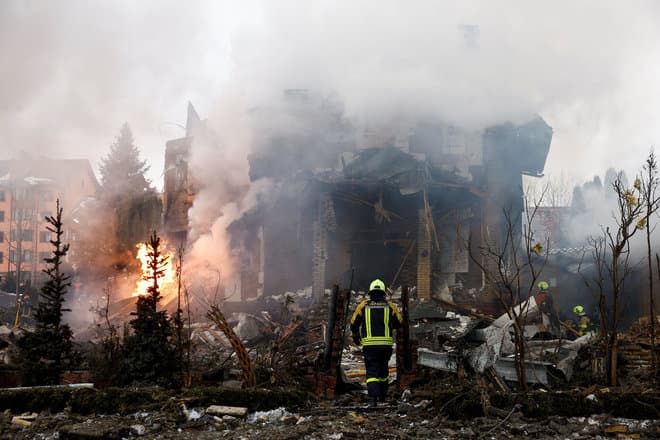BRUSSELS: Gas stocks in the EU are 90 percent full, and price support is on the way for citizens, says von der Leyen.
Europe has created the first line of defense to secure energy supplies and help citizens and businesses through the energy crisis. Now there is a need to discuss price caps on gas as the next step.
This is what European Commission President Ursula von der Leyen said in connection with the informal EU summit in Prague on Friday.
While households and small businesses in many EU countries struggle to pay their energy bills, von der Leyen is taking an optimistic approach:
- We have filled our gas stocks to 90 percent, and we have liquefied natural gas and gas from reliable suppliers such as Norway and the United States.
- And we will use the extraordinary profits from energy companies to help those who have difficulty paying their energy bills. Now we are well prepared, says von der Leyen.
At Friday's meeting, the leaders will discuss the next step, according to von der Leyen: Price caps on gas.
- Now we will discuss how we can limit the peaks in energy prices and the manipulation of energy prices by Putin. That will be the discussion about price caps on gas, says von der Leyen.
Price cap
Prior to the meeting, EU countries have been divided on the issue. While Eastern and Central European countries in particular are pushing hard for a price cap, which in theory could lower the price of energy for consumers and companies, countries such as Denmark, the Netherlands and Germany have been skeptical. Here, the concern is that a price cap could damage security of supply.
Despite the disagreements among EU countries, von der Leyen is optimistic about reaching an agreement.
- Over the past month, we have become better prepared. The situation has developed and the member states are now ready to discuss price caps. I am sure that we will have a good discussion, which will build the ramp for the summit at the end of October, says von der Leyen.
She is thus referring to the heads of state and government gathering for a summit in Brussels at the end of October. One possibility is that the EU Commission, based on the discussion on Friday, will come up with a concrete proposal for price caps before the next summit.
However, some countries would like to wait until after the summit because the details in the complex energy area are not suitable for being agreed upon at a late night meeting of the heads of state and government.
On the way to Friday's meeting, Prime Minister Mette Frederiksen (S) stated that she is open to discussing a price cap.
- From the Danish side, we are entering these discussions with a very open mind and with the clear aim of bringing prices down.
- I am willing to discuss all good ideas, including a cap, regarding prices, said Mette Frederiksen on the way to the meeting.
However, a financial bill for a price cap may await. This could be the case if, for example, the EU has to buy gas at the market price and pay the difference itself down to the price ceiling to secure supplies.
Here the Danish Prime Minister is less flexible.
- There will be some who want some individual countries to contribute particularly much. And then there are some countries that have different views on that, says Mette Frederiksen.
/ritzau/
Text, graphics, images, sound, and other content on this website are protected under copyright law. DK Medier reserves all rights to the content, including the right to exploit the content for the purpose of text and data mining, cf. Section 11b of the Copyright Act and Article 4 of the DSM Directive.
Customers with IP agreements/major customer agreements may only share Danish Offshore Industry articles internally for the purpose of handling specific cases. Sharing in connection with specific cases refers to journaling, archiving, or similar uses.
Customers with a personal subscription/login may not share Danish Offshore Industry articles with individuals who do not themselves have a personal subscription to Danish Offshore Industry.
Any deviation from the above requires written consent from DK Medier.








